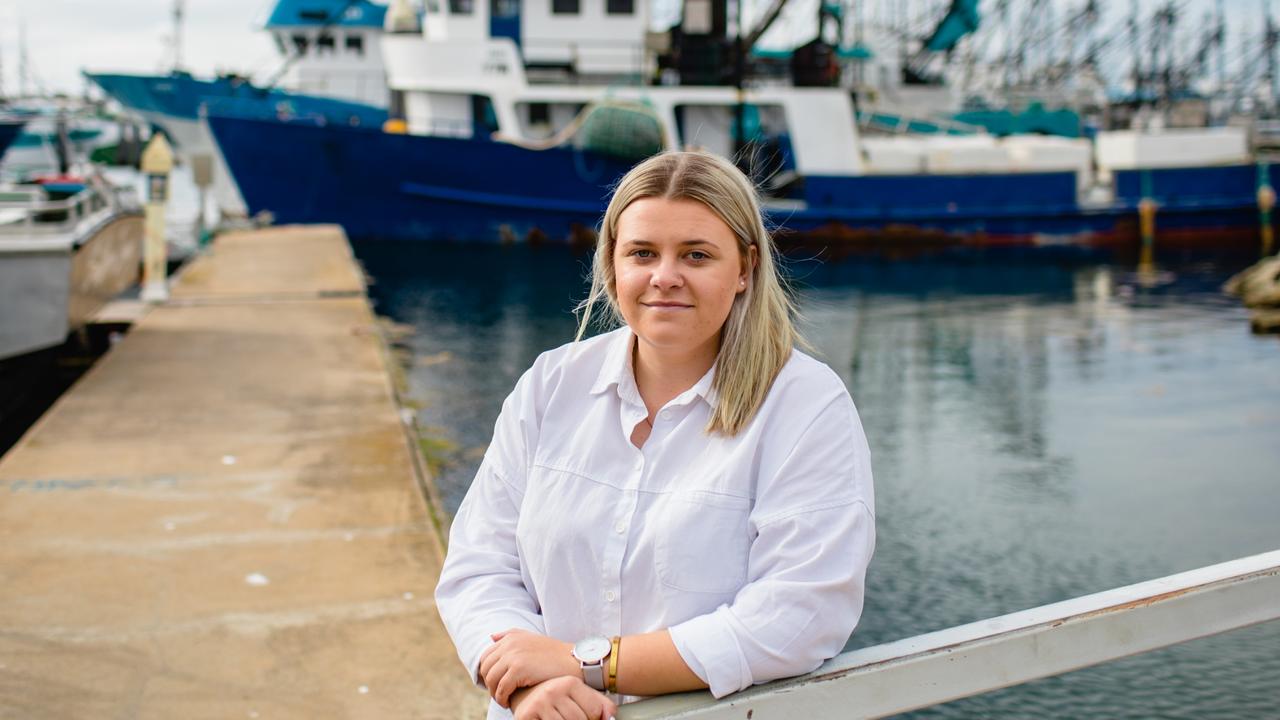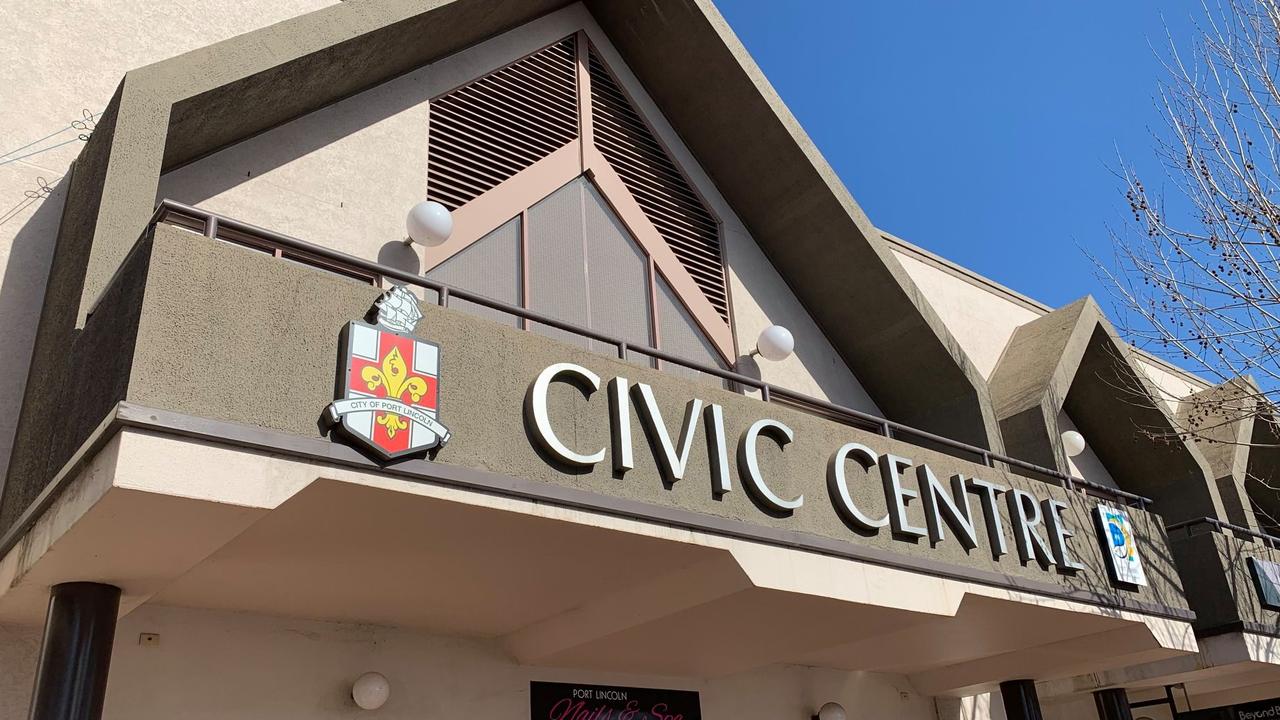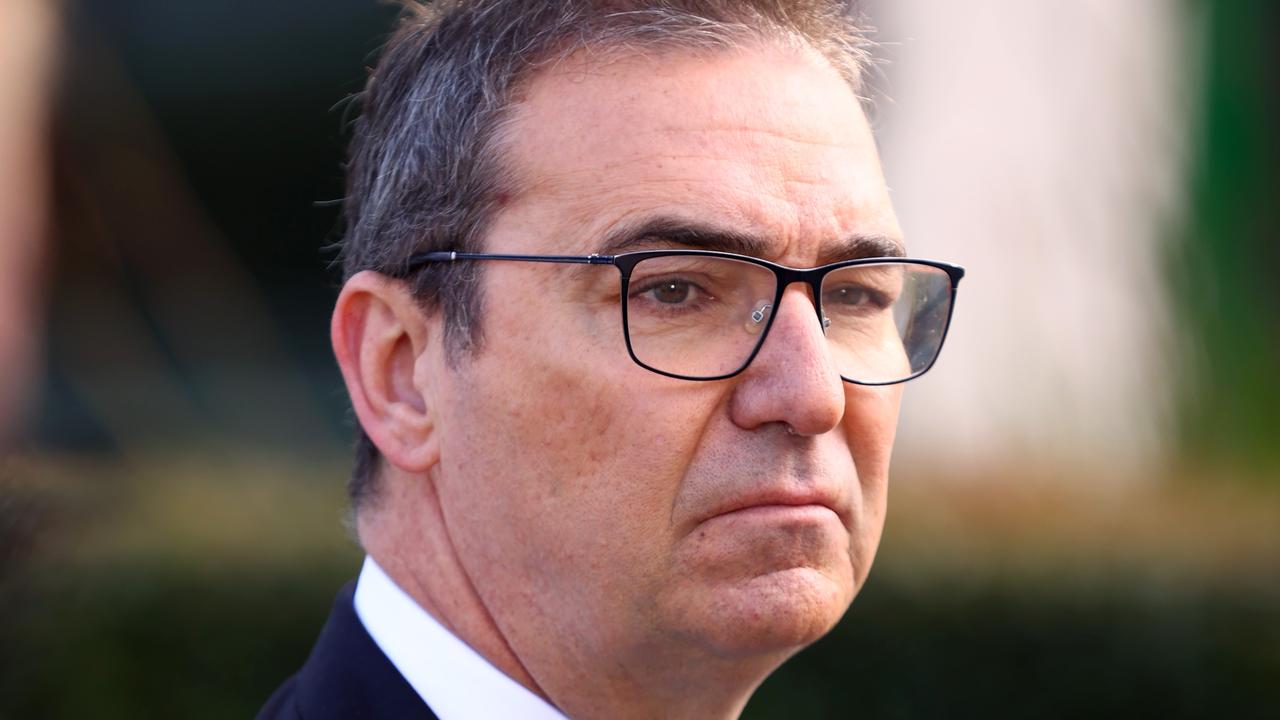Study finds folic acid does not prevent pre-eclampsia in high-risk pregnant women
TAKING high doses of folic acid does not prevent pre-eclampsia in high-risk pregnant women, a new study has found.
TAKING high doses of folic acid does not prevent pre-eclampsia in high-risk pregnant women, a new study has found.
Pre-eclampsia is a serious condition where abnormally high blood pressure and other complications develop during pregnancy.
It affects about 3-5 per cent of pregnancies and is dangerous for both mother and child.
Observational studies had suggested taking folic acid into late pregnancy might lessen the chances of developing the dangerous condition.
But the new international study, published in The British Medical Journal, found it had no benefit for preventing pre-eclampsia.
The study included 2301 pregnant women, 310 of whom were from Australia. The women were between eight and 16 weeks’ pregnant and had at least one risk factor for pre-eclampsia, including existing high blood pressure, pre-pregnancy diabetes, twin pregnancy, pre-eclampsia in a previous pregnancy or a body mass index of 35 or more.
They were randomly selected to receive a daily high dose of folic acid or a placebo.
Researchers found that pre-eclampsia occurred in 14.8 per cent of the women in the folic acid group, and 13.5 per cent in the placebo group.
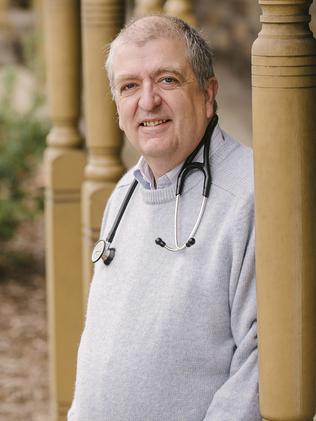
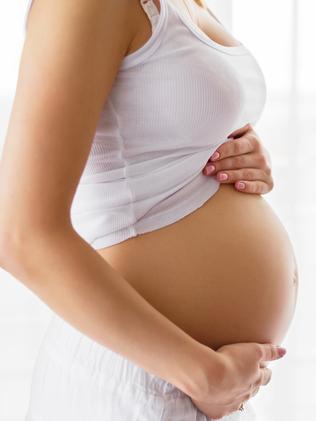
The findings have led researchers to suggest that “high dose recommendation should now cease, and the search for an effective and acceptable strategy to prevent pre-eclampsia must continue”.
Professor Bill Hague from the University of Adelaide’s Robinson Research Institute, who was the senior Australia study collaborator, said pre-eclampsia was an important disease that still needed more research in order to prevent it.
He said taking low-dose folic acid supplements before and during early pregnancy to prevent birth defects, such as spina bifida, was still strongly recommended for all women.
“But women can probably relax about taking vitamins past 12 weeks,’’ he said
Professor Hague said there were other actions women could take to try to prevent pre-eclampsia.
He said taking low-dose aspirin and ensuring calcium intake was adequate were established protective measures.
“Eating a healthy diet is as good as anything,’’ he said.
“You don’t need to pay vitamin manufacturers huge dollars when you can get vitamins in food for free.
“And good antenatal care is very important.”
Originally published as Study finds folic acid does not prevent pre-eclampsia in high-risk pregnant women

